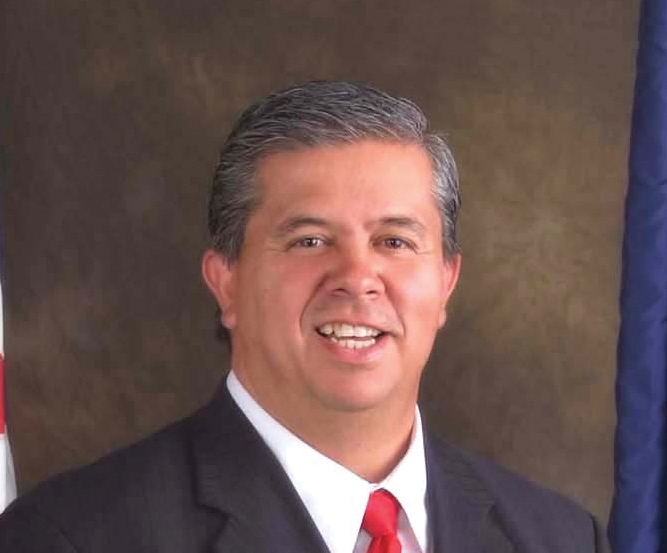Idaho students have begun taking the hotly debated Common Core-aligned assessment tests.
Although the state’s testing window runs from April 1 to May 17, 20 districts asked to begin administering the Smarter Balanced Assessment Consortium test as early as Tuesday, State Department of Education spokeswoman Melissa McGrath said.

The SBAC is a new test aligned to new Idaho Core Standards in English language arts and math. Unlike previous tests, the SBAC will include a computer adaptive section. Students will be given more difficult questions once they make a correct answer.
SBAC is a coalition of more than 20 states developing the test. Idaho is a governing state in the coalition, and this means state leaders and educators have shaped the test and its administration.
State Superintendent of Public Instruction Tom Luna wanted to offer field test versions of the high stakes test this year – just for practice, with no scores given – a year before results become an official accountability measure, incorporated into the state’s five-star rating system.
“The field test requires unprecedented collaboration among states, districts and many testing contractors,” Luna wrote in a March 14 letter to Idaho school districts. “The goal of the field test is to test the test and have a dress rehearsal for an assessment aligned to higher standards in math and English-language arts.”
Tests will be given over multiple days – not in one lengthy setting – and test writers have prepared more than 50,000 potential questions.
Originally, the state planned to administer the field test to third- through 11th-graders. But multiple school districts expressed concern that the test could take eight hours to complete, drain resources and lead to test fatigue.
In January, Luna allowed districts to opt out of testing ninth- and 10th-graders this year.

Still, many districts will push ahead. According to state department surveys, 49 percent of districts still plan to test ninth-graders, while 42 percent plan to test 10th-graders. Exact figures won’t be available until the testing is complete in May, McGrath said.
Several lawmakers, including Sens. Russell Fulcher, R-Meridian, and Steven Thayn, R-Emmett, pushed back against the SBAC this year, or called for Idaho to opt out of testing. Both sit on the Senate Education Committee, and Fulcher is running for governor.
Then, during the closing weeks of the legislative session, lawmakers created an advisory panel to scrutinize SBAC questions. The 30 educators, parents and stakeholders will review SBAC questions for bias and sensitivity. The panel will be able to flag questions and recommend that the State Board of Education toss them out.
Even with the changes and pushback, Luna said the new test and academic standards will benefit Idaho students.
“I am excited about the new smarter balanced assessment because it is a better assessment tool to help measure a student’s critical-thinking and problem-solving skills,” he said. “For years, parents and teachers have demanded more than a multiple-choice test. Whereas the ISAT was a stagnant, multiple-choice-only test, this new assessment provides multiple question types to better measure what a child knows and is able to do at the end of each grade level.”
Testing was originally scheduled to begin March 18, but the coalition asked for a one-week extension to ensure test questions were properly loaded in to the system.
Check back with Idaho Education News over the next two weeks for reports from school districts administering the SBAC field tests.
